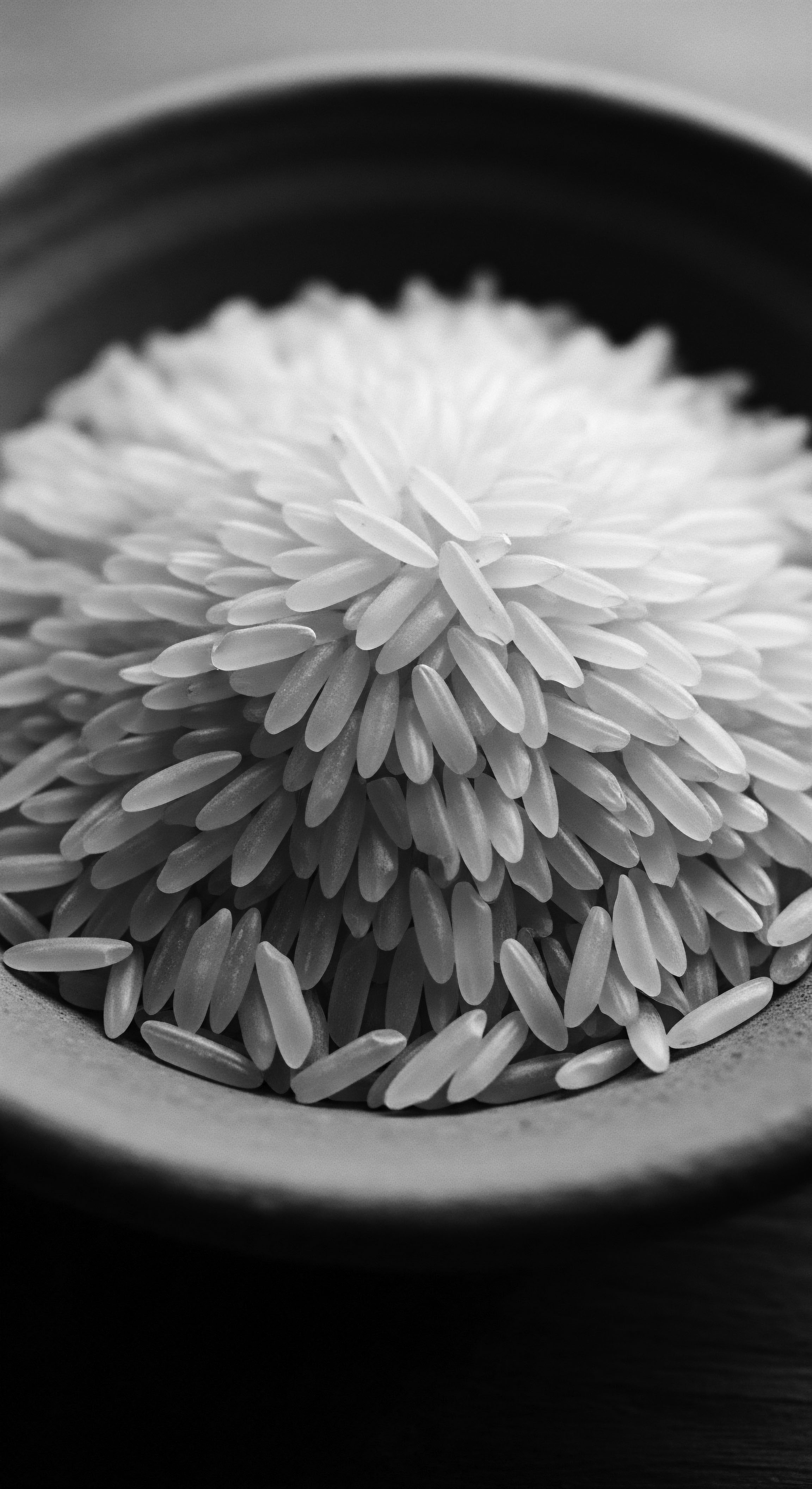
What Traditional African Ingredients Cleansed Textured Hair Historically?
Traditional African ingredients like plant ash-based soaps and mineral-rich clays historically cleansed textured hair, honoring ancestral wisdom and preserving cultural heritage.
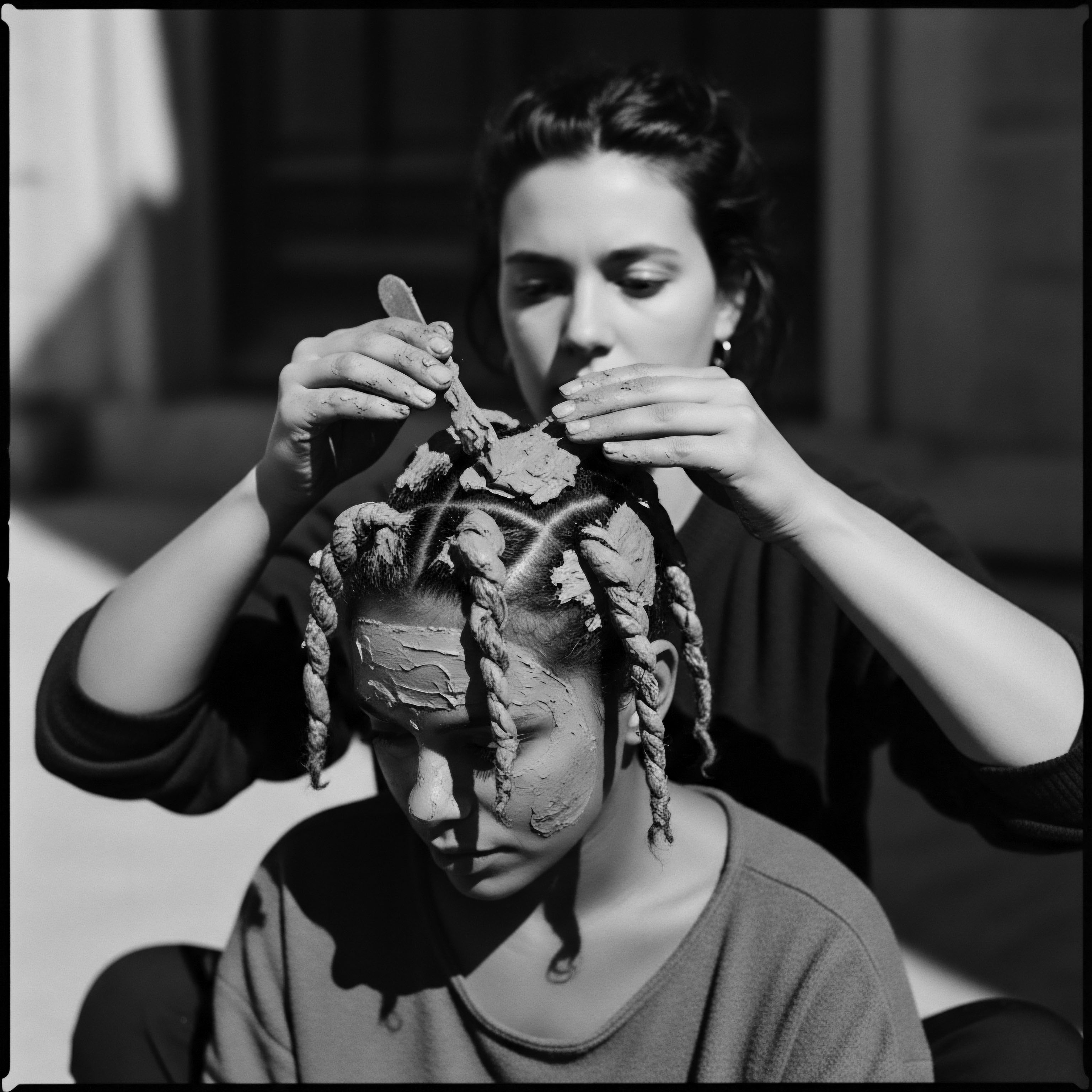
How Do Traditional Clay Cleansers Align with Modern Textured Hair Needs?
Traditional clay cleansers purify textured hair gently, drawing on ancestral practices for modern alignment.
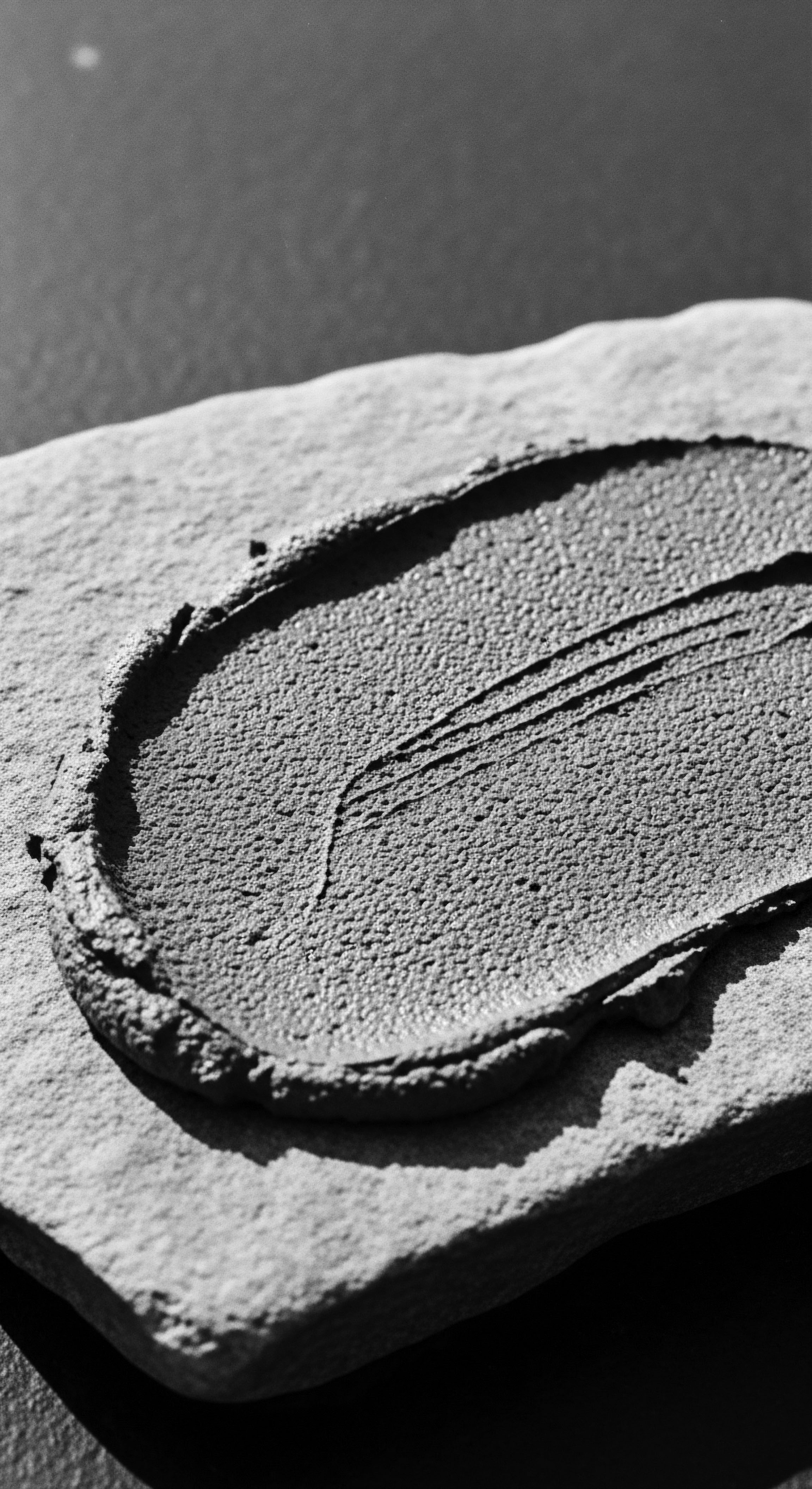
How Did Cleansing Traditions Shape Textured Hair Identity?
Cleansing traditions shaped textured hair identity by rooting care in ancestral wisdom, communal rituals, and a deep reverence for natural beauty.
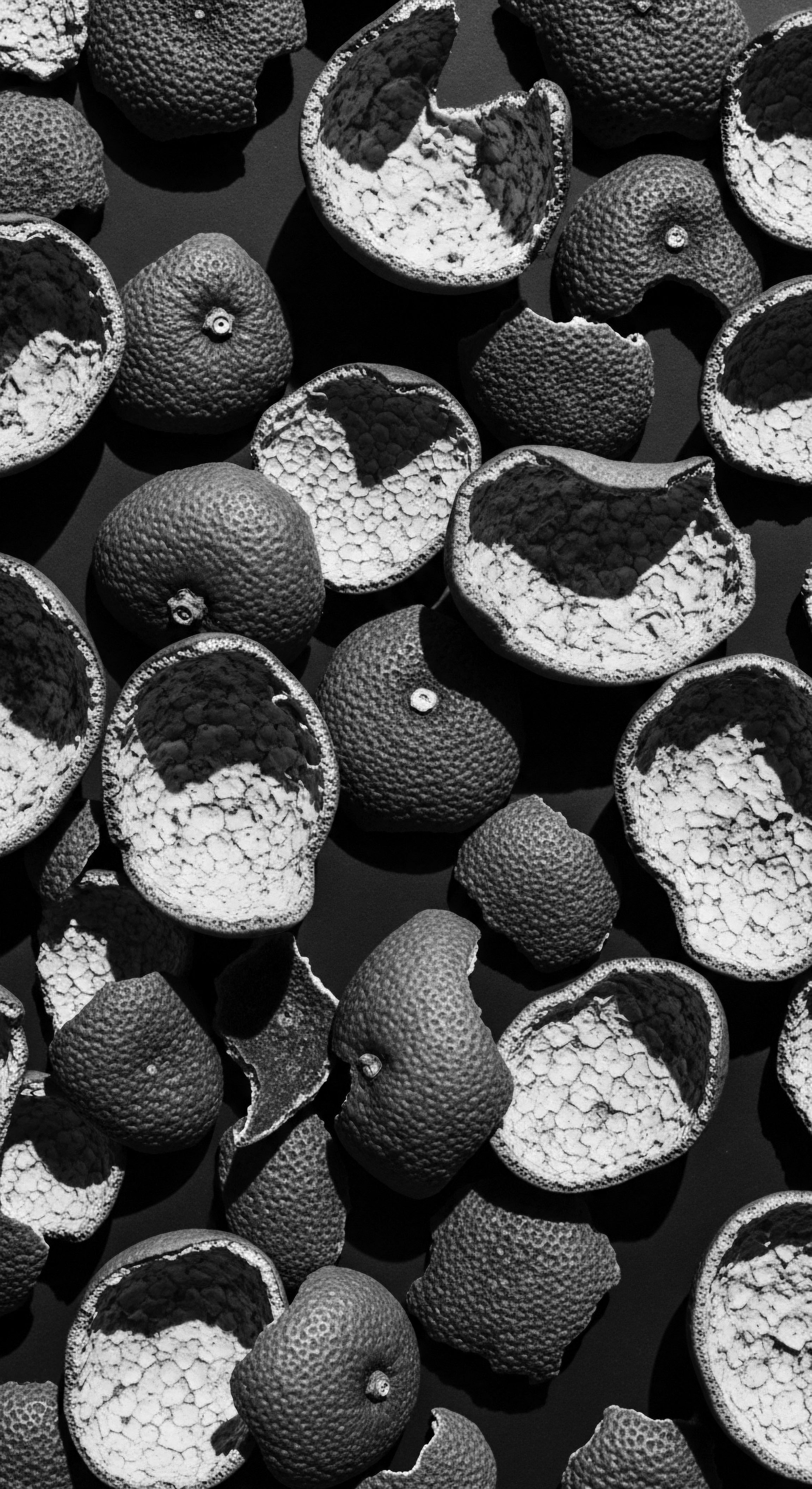
What Historical Ingredients Still Shape Textured Hair Care Products?
Ancient plant-based butters, oils, and earth-derived cleansers, deeply rooted in Black hair heritage, continue to define textured hair product formulations.

How Do Traditional Saponin Cleansers Compare to Modern Synthetic Options for Hair Heritage?
Traditional saponin cleansers offer a gentle, heritage-informed approach, respecting textured hair's natural balance unlike many harsh modern synthetics.

What Traditional Cleansers Benefit Textured Hair?
Traditional cleansers for textured hair, rooted in ancestral practices, often leverage natural compounds to clean gently while preserving moisture and honoring heritage.

Alkali Cleansing Heritage
Meaning ❉ Alkali Cleansing Heritage signifies the ancient use of natural alkaline substances for purifying and nurturing textured hair within cultural traditions.
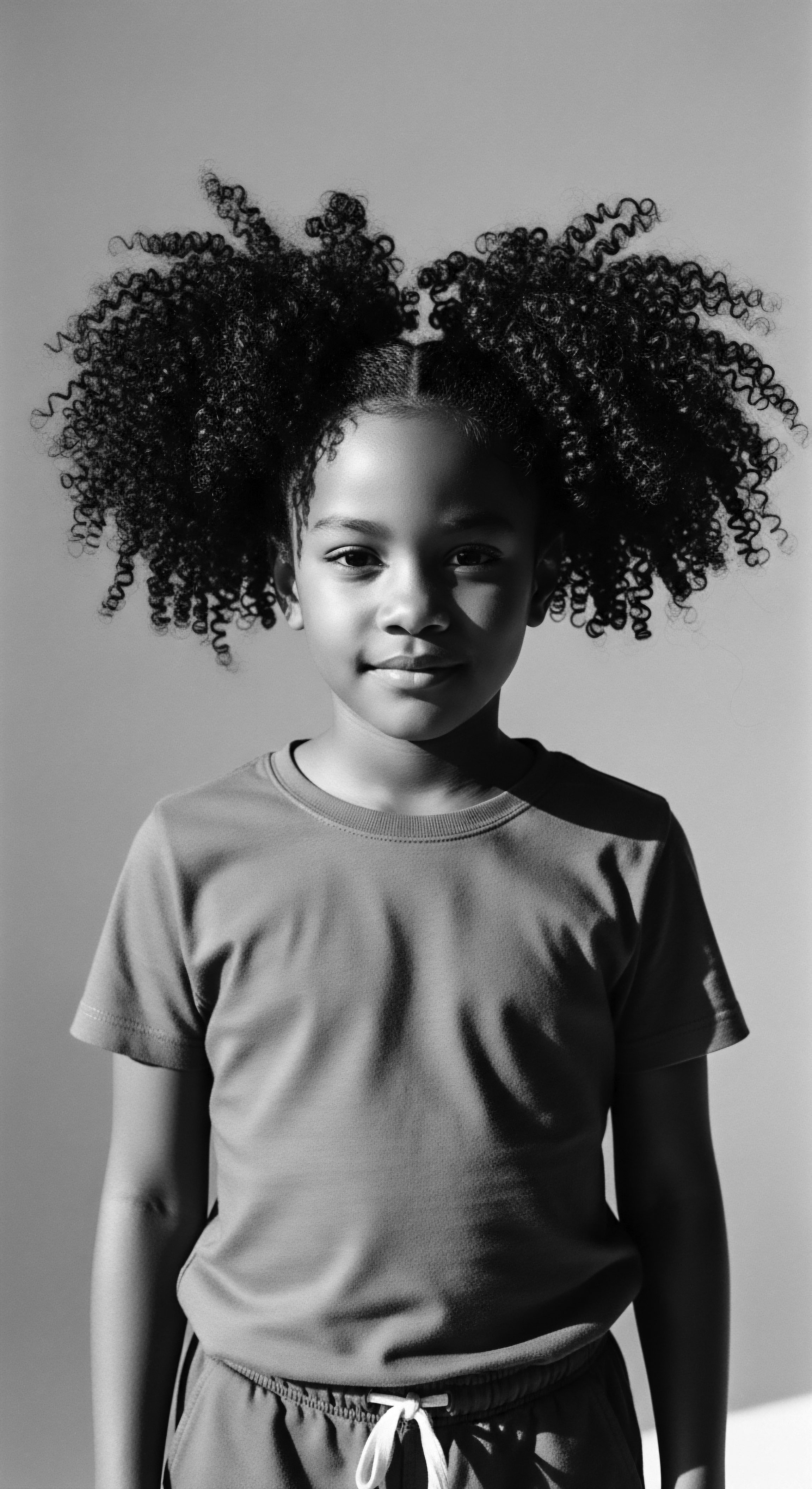
Can Botanical Cleansers Replace Traditional Shampoos for Textured Hair?
Botanical cleansers offer a gentle, heritage-aligned way to purify textured hair, respecting its unique structure and ancestral care traditions.

Can Scalp Health Influence Hair Growth for Textured Hair?
Scalp health deeply influences textured hair growth, a truth rooted in ancestral care practices and validated by contemporary science.

Which Traditional Cleansers Suit Diverse Textured Hair?
Traditional cleansers for textured hair, rooted in heritage, include mineral clays and saponin-rich plants, emphasizing gentle purification.

Were Ancestral Hair Practices Linked to Cultural Identity and Heritage?
Ancestral hair practices are intrinsically tied to cultural identity and heritage, serving as profound markers of belonging, history, and resilience for textured hair communities.

Which Traditional Cleansing Agents Suit Textured Hair?
Traditional cleansing agents for textured hair, like African Black Soap and Ghassoul clay, respect ancestral practices for gentle, effective care.
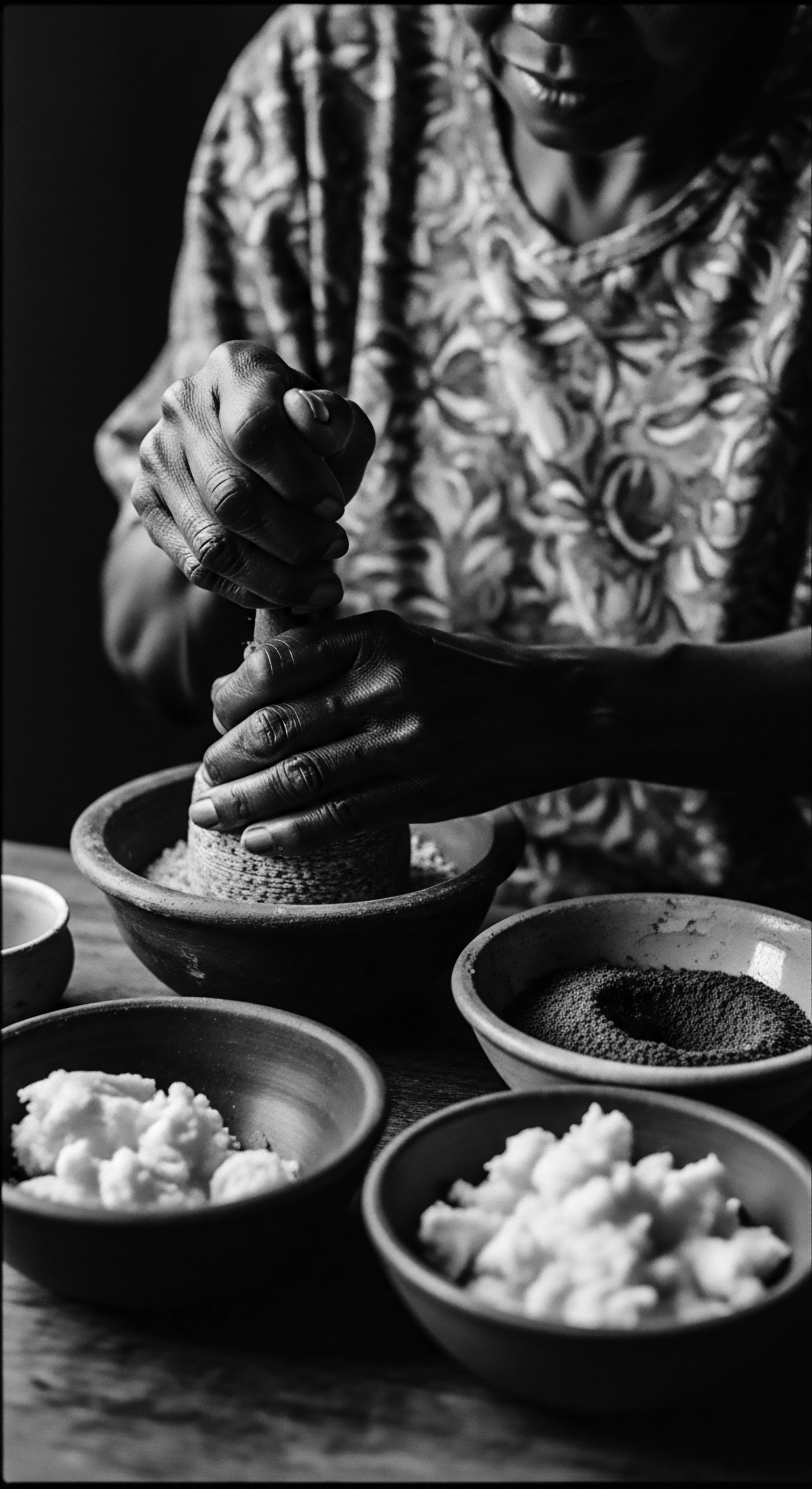
What Traditional Cleansers Sustained Textured Hair Health?
Traditional cleansers sustained textured hair health through natural plant-based ingredients and practices rooted in ancestral wisdom and community care.
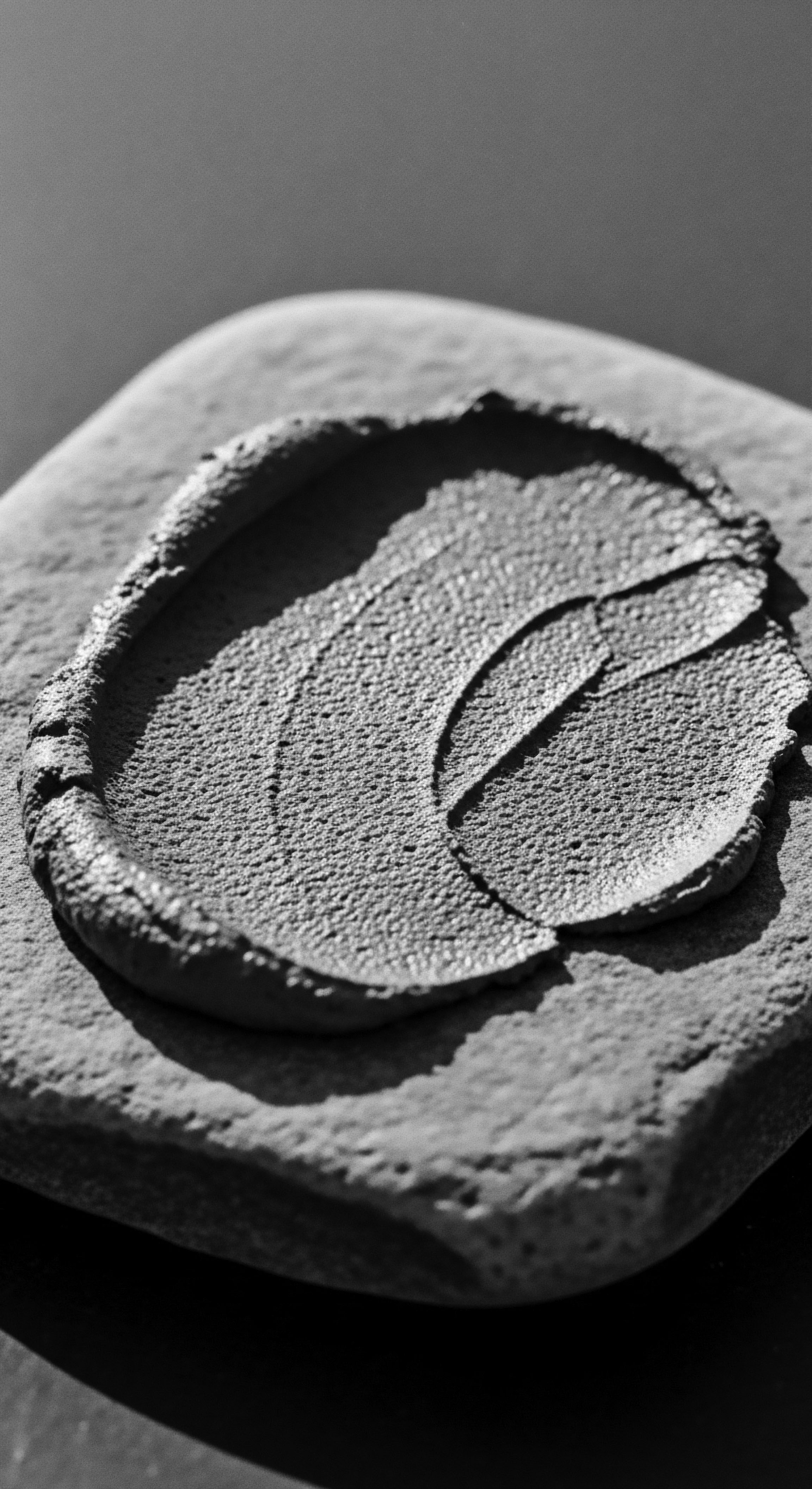
Can Modern Science Validate Traditional Cleansing Agents for Textured Hair?
Modern science affirms that many traditional cleansing agents for textured hair, rooted in heritage, offer effective and gentle purification.

